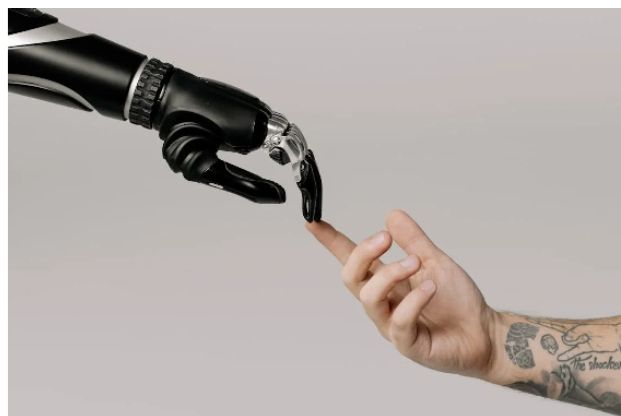How AI Impacts the World of Authentic Storytelling – Finding the Right Balance

Artificial intelligence, at a fundamental level, transformed the way that businesses create stories. Marketing departments now possess technology that can create content at previously unforeseen velocities, that can personalise stories for specific audiences, that can determine which of the stories works best. But that technology explosion itself poses a fundamental question: can computer-created content reach that authenticity which makes storytelling effective?
It isn’t a question of whether marketers and businesses are going to be utilising AI storytelling, but a question of doing so without diminishing that personal touch that creates engagement and helps gain credibility with audiences.
Strategic Strengths of Storytelling Through Artificial Intelligence
Improved Scalability and Efficiency
AI reengineers the storytelling cycle such that now, storytelling can be scaled by marketers. What previously would take hours of thinking, writing, and editing can be achieved through minutes. Marketing teams can thus enjoy consistent storytelling that can be reused on a multiplicity of channels, campaigns, and audiences without keeping the creative resources for long.
Content management becomes more strategic when day-to-day narrative drudgery is handled by artificial intelligence. Staff can spend more energy on creation of broad brand stories and direction of a creative nature than being hindered by the operational details of content creation.
Accuracy of Personalisation
Today’s AI technology is ideal for studying customers through data to create customised tales. According to the personal preferences, inclinations, and interest of people, AI can personalise tales for provided parts of audiences with unprecedented accuracy.
This is more than inserting names. It can shift tone, tempo, even storytelling genre depending on what works best for which constituencies of customers. A tech-savvy group of customers can be communicated to via facts-based storytelling statistics, while a broad-based group of customers can be communicated to via emotional storytelling supported with actionables.
The Secret Costs of Over-Dependence on Artificial Intelligence
The Authenticity Challenge
Authentic storytelling embraces real human emotion, experience, and perspective. When companies rely too heavily on computerised artificial intelligence for content, these stories can be false, lifeless, and disconnected from genuine human experience. These audiences are growing more critical with identification of fraudulent content, but more accepting of stories that are true to being human.
Threat arises when computer-generating tales are not provided a subtle touch of cultural sensibility, emotional sensibility, and natural voice that are characteristics of human communicators. These are most frequently the factors that secure decent content to memory, effective tales that achieve business objectives.
Ethical Considerations for Storytelling with AI
Telling stories through the use of AI presents critical questions of authenticity and transparency. Should companies reveal that stories are generated through AI? How can businesses be assured that AI-generated stories are a true reflection of company values rather than misleading readers?
It gets even trickier when programs are trained off publicly available work without appropriate acknowledgments, or when they encode institutionalised bias from training data. Responsible storytelling with AI involves regular monitoring, including guidelines for ethical practice.
Shaping a Sustainable Future for Narrative
The finest way of storytelling with artificial intelligence is to complement tech-savvy with the best of humanity: leadership, creativity. Artificial intelligence is a brilliant ideation, first draft, content optimisation engine, but emotional sensitivity, cultural acumen, authenticity that makes us believe are possessed only by human storytellers. If you’re worried about mastering this balance, find a hospitality PR agency or one that works in your industry to help.
Sophisticated businesses are crafting hybrid work flows that permit machines to handle analysis of data, tailoring of content, and first draft writing but reserve strategic development of storytelling, emotional resonance, and voice consistency for humans. This resulting equilibrium enables businesses to scale storytelling but can still provide the authenticity that forms long-term relationships with customers.
Its future is not a sacrifice of artificial thinking for manmade invention, but a careful synthesis of the two for the creation of tales that are parsimonious but significantly effective.



